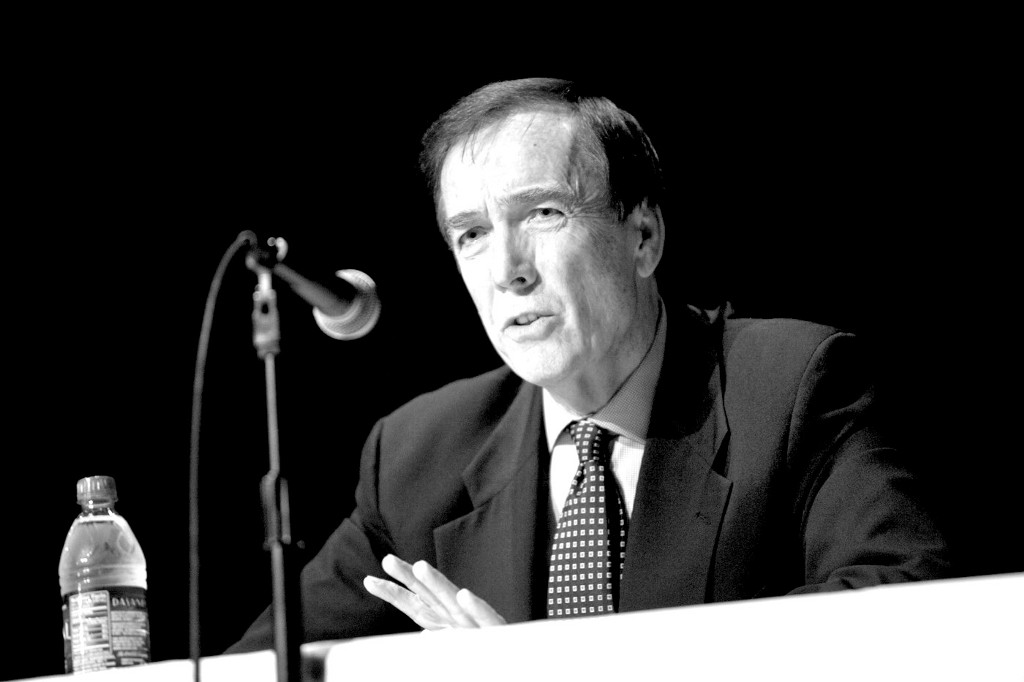Bobby Henon
City Council members gave their final OK to a $3.8 billion 2014 operating budget last Thursday before recessing for the summer.
The 2014 fiscal year budget is an increase of $190 million over 2013 expenditures, Mayor Michael Nutter said in a news release.
The increase represents more than $60 million for pensions, debt service and employee costs, and more than $100 million for labor obligations.
The budget has the money to increase Police Department strength to 6,525 officers. With a class of 160 cadets this summer, Fire Department strength will move up to 2,216 firefighters, the mayor stated.
Council also adopted a $2-a-pack cigarette tax, which along with more aggressive collection of property tax assessments, is expected to bring in $74.5 million in new revenue for the financially strapped city school district. The district is facing a $304 million shortfall.
The district asked city council for $60 million in extra funding for the next school year. Although the council passed the cigarette tax, it must be approved by state lawmakers before it can be enacted.
Adoption of the city budget came one week after the council adopted a property tax rate of 1.34 percent as the city took the final step toward a historic revision of its property tax system. Under the Actual Value Initiative, properties were reassessed at full market value. Previously, they had been assessed at a partial value.
As a result of AVI, City Council members predicted many Northeast Philadelphia homeowners will see their 2014 taxes dip a bit. But residents of some other parts of the city, including Center City and part of South Philadelphia, will see large tax increases.
Reaching the 1.34 percent tax rate involved months of negotiations among council members. Mayor Nutter had asked for a rate that was slightly lower, 1.3204 percent.
Councilman Bobby Henon (D-6th dist.) said the figure considered last year was 1.8 percent, and Council members fought to set a lower rate.
But AVI, by law, had to be accompanied with a tax rate change so that the city would not bring in more in 2014 than it did in 2013.
Some residents feared the full value assessments would mean higher taxes.
“Once you explained it to people,” Henon said, “they were relieved.”
When setting the tax rate, the council also adopted a $30,000 homestead exemption for people who live in their own homes. Henon predicted the homestead exemption will be a boon for homeowners in the Northeast.
The trouble is not everybody has applied for the tax break, Henon said. To remedy that, he said, he and staff went door-to-door to sign up residents.
Councilman Brian O’Neill (R-10th dist.) didn’t vote for the exemption because he said it pushed up the tax rate. But even before the vote, he had been encouraging his constituents to sign up for it.
Henon said the budget includes more spending for police and fire protection. The Community Life Improvement Program will get two new inspectors, he added.
Councilwoman Maria Quinones Sanchez (D-7th dist.) said the budget has money for façade improvements in commercial corridors.
The councilwoman said the tax rate coupled with the homestead exemption will ensure about 98 percent of the people in her district, which includes parts of the Lower Northeast, will see their taxes decline or stay about the same.
She sponsored a $2,000 Use and Occupancy exemption for retailers, many of whom are likely to see their property taxes rise. Previously, she said, commercial corridors were underassessed. The exemption would result in a wash in taxes for some businesses, she said.
Council President Darrell L. Clarke described the budget as a collaboration among officials of Nutter’s administration, Council members and staff.
Some City Council members, including Clarke, are satisfied with the new market value assessment, but say there are still questions about the accuracy of some assessments.
“I am pleased the administration and Council arrived at agreement over the Actual Value Initiative, which brings overdue fairness to thousands of Philadelphia homeowners whose property values were overassessed,” Clarke said in a news release.
“However, many of us on Council remain concerned about the accuracy of the assessment process. We hope our legislation that would refine standards and increase transparency at the Office of Property Assessment will be signed by the mayor and fully implemented by the administration.”
On Thursday, Council also OK’d bills that will allow income-eligible residents whose tax payments rise because of AVI to defer their tax payments, and offer some tax relief to longtime owner-occupants.
The new budget provides more than $1 billion to the School District of Philadelphia. Beyond the $60 million in new revenue from the city, the district is seeking $120 million in extra funding from Harrisburg and more than $100 million in givebacks from the Philadelphia Federation of Teachers.
Also in the new budget:
• $1 million to expand Free Library of Philadelphia branch hours.
• $1 million to offset a Community College of Philadelphia tuition increase.
• $781,000 for the Department of Licenses and Inspections to hire more code enforcement inspectors.
• $1.7 million for the Office of Property Assessment.
• $1.3 million to partly replace federal funding cuts to the Department of Public Health and the Office of Supportive Housing.
• $1.2 million to improve delinquent tax collection.
What’s my tax bill?
Homeowners easily can figure out how much they will be chipping into the big city’s 2014 fiscal year kitty. It’s just some arithmetic — a subtraction followed by a multiplication.
Residents received new property assessments earlier this year. An owner-occupant who has applied for and received a homestead exemption, can deduct $30,000 from that assessment. Then that number is multiplied by the tax rate of 1.34 percent. That rate equals $1,340 for every $100,000 of assessed value.

Brian O’Neill





